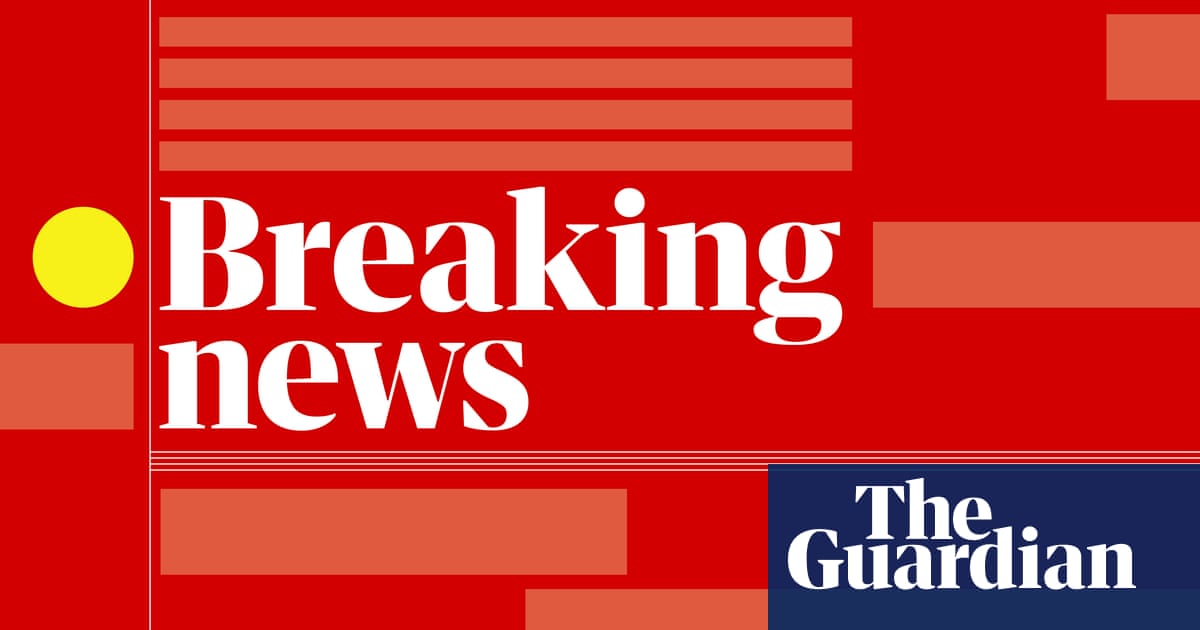
A South Korean court has extended the detention of the impeached president Yoon Suk Yeol on Sunday citing concerns he could destroy evidence linked to his martial law declaration, enraging his supporters, who attacked the court building.
Hundreds of pro-Yoon protesters smashed windows and broke down doors to enter the court after the decision was announced, chanting the name of the president, who plunged South Korea into its worst political chaos in decades with his bid to suspend civilian rule.
AFP reporters saw hundreds of police entering the building, and one officer from Seoul’s Mapo district separately told AFP it was an “unfolding” situation.
Footage showed protesters blasting fire extinguishers at officers guarding the front entrance before they swarmed inside, destroying furniture and computers.
Police arrested 46 protesters and restored order a few hours later, local media reported, citing police.
Yoon had argued that he be released from custody before a court in Seoul. The Seoul western district court said it approved the detention warrant requested by the Corruption Investigation Office for High-ranking Officials (CIO).
The reason for the approval was “concern that the suspect may destroy evidence”, the court said in a statement. Under the new warrant, Yoon can be detained for up to 20 days. He is being held at the Seoul detention centre.
So far, Yoon has stonewalled efforts by the CIO to interrogate him, refusing to attend questioning. It was unclear if Yoon will cooperate with investigators during his extended detention.
His appearance at the Seoul western district court caused chaotic scenes in nearby streets, where thousands of his fervent supporters rallied for hours calling for his release.
They clashed with police, who detained about 40 protesters, including about 20 who climbed over a fence in an attempt to approach the court. At least two vehicles carrying anti-corruption investigators were damaged as they left the court after arguing for Yoon’s arrest.
Yoon has been in detention since being seized in a large law enforcement operation at his residence on Wednesday. He has been accused of orchestrating a rebellion after his declaration of martial law in December last year, which triggered South Korea’s most serious political crisis since its democratisation in the late 1980s.

Yoon’s lawyers said he spoke for about 40 minutes to the judge during the nearly five-hour closed-door hearing. His legal team and anti-corruption agencies presented opposing arguments about whether he should be held in custody. The lawyers did not share his specific comments.
Yoon was transported to the court from a detention centre in Uiwang, near Seoul, in a blue justice ministry van escorted by police and the presidential security service.
The motorcade entered the court’s basement parking space as thousands of Yoon’s supporters gathered in nearby streets despite a heavy police presence. Some protesters broke through the police lines and tapped on the windows of his van approaching the court. Yoon did not speak to reporters.

After its investigators were attacked by protesters, the anti-corruption agency asked media companies to obscure the faces of its members attending the hearing.
It had not been clear whether Yoon would attend the hearing on Saturday but he appeared to have accepted advice from his legal team to appear before the judge in person.
Seok Dong-hyeon, one of Yoon’s lawyers, said the court’s decision was “really hard to understand” but asked supporters to be calm.
“Such expressions of anger are understandable, but if they go too far and continue to be violent, they could be caught up in targeted attacks or counter-attacks by leftist forces,” he said. “We need to stay calm,” he said in a Facebook post.
Yoon’s ruling People Power party called the court’s decision a “great pity”. “There’s a question whether repercussions of detaining a sitting president were sufficiently considered,” the party said in a statement.
The major opposition Democratic party called the court’s approval on the warrant a “cornerstone for rebuilding the collapsed constitutional order”.
Nine people, including Yoon’s defence minister, police chief, and several top military commanders, have been arrested and indicted for their roles in the enforcement of martial law.
Under South Korean law, orchestrating a rebellion is punishable by life imprisonment or the death penalty.
Yoon’s lawyers have argued there is no need to detain him during the investigation, saying he does not pose a threat to flee or destroy evidence.
Investigators responded that Yoon had ignored several requests to appear for questioning, and that the presidential security service blocked an attempt to detain him on 3 January. His defiance has raised concerns about whether he would comply with criminal court proceedings if he was not under arrest.
AFP, Reuters and Associated Press contributed reporting










 English (US)
English (US)